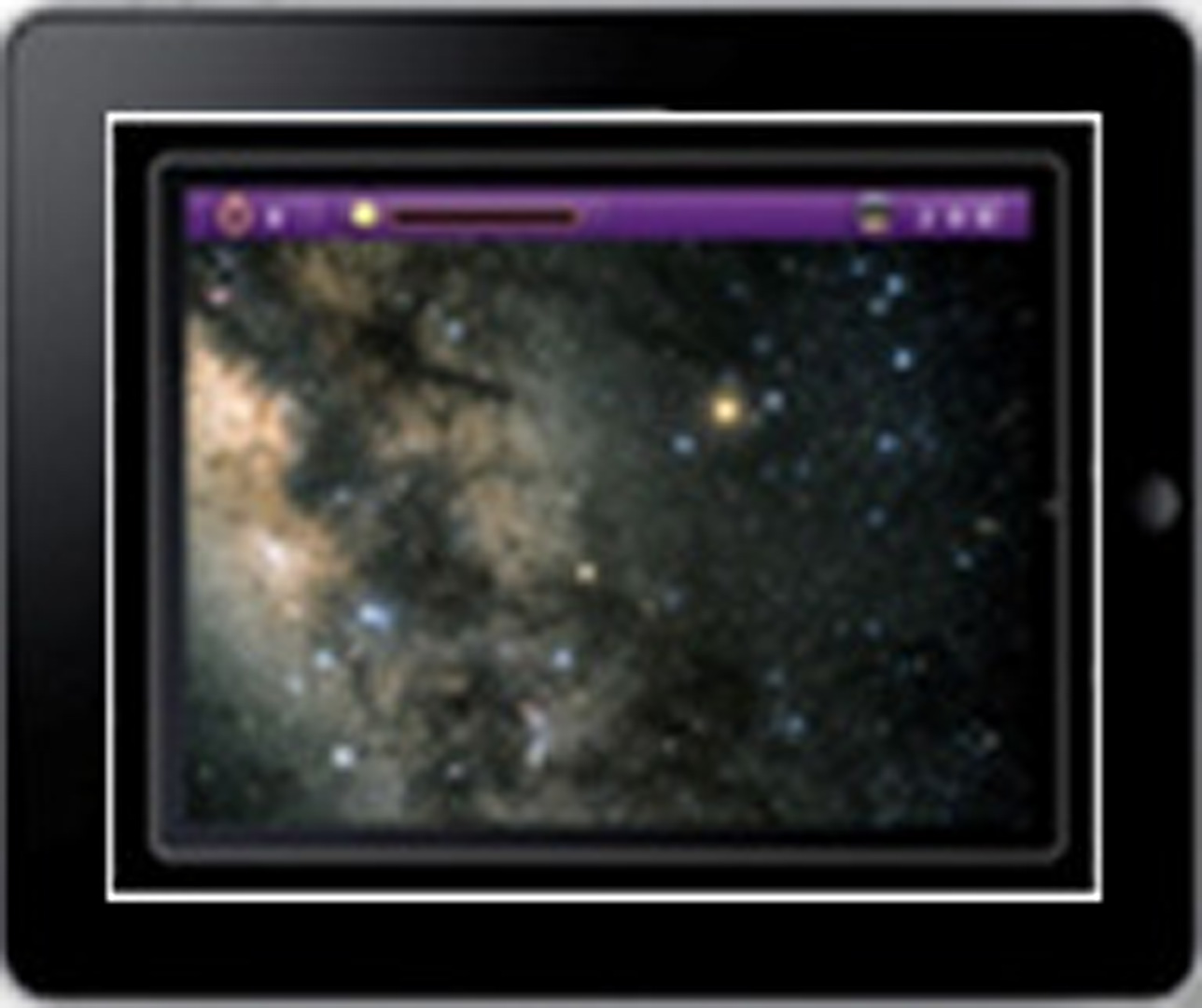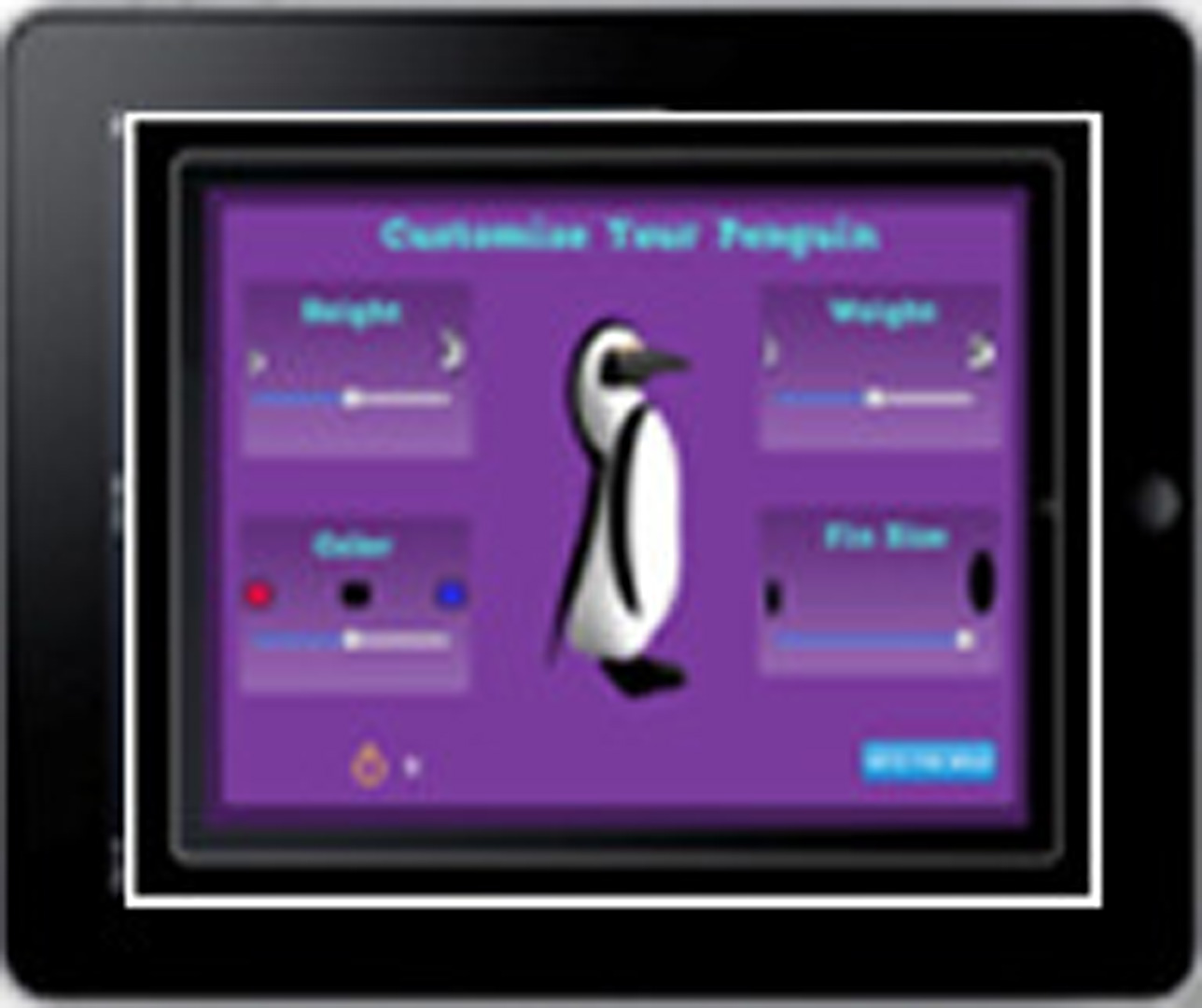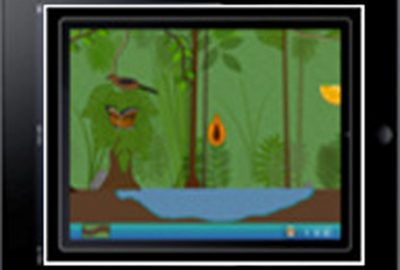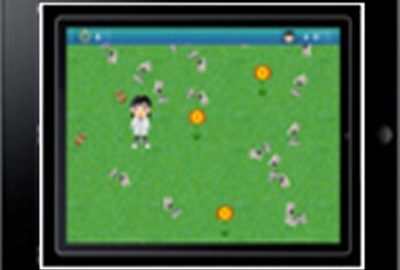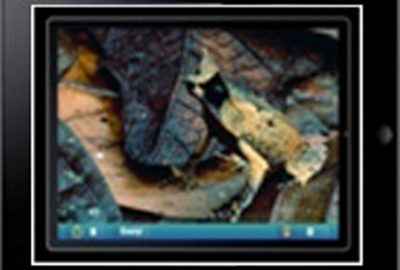“iPad mini-games connected to an educational social networking website” by Koushik, Lee, Pieroni, Sun and Yeh
Conference:
Type(s):
Title:
- iPad mini-games connected to an educational social networking website
Presenter(s)/Author(s):
Entry Number:
- 50
Abstract:
The goal of the project was to design an integrated system for the California Academy of Sciences that combined new technology (iPads in our case) with a social-networking based website to promote educational learning geared towards middle-school students. The experience begins when museum visitors create profiles on the California Academy of Sciences website. Initially they are able to personalize a limited number of characteristics of their avatars. Once they visit the museum, they play mini-games on iPad kiosks to accumulate points on their accounts. We developed five different educational mini-games, focusing on the areas of climate change, astronomy, evolution, and the food chain. The points gained on the iPad mini-games can then be redeemed at home by returning to the California Academy of Sciences website. Accessing the website from home allows the user to further personalize an avatar, learn more facts, and compare their scores on the mini-games and their avatar with those of their peers. Points can be redeemed to upgrade the avatar’s available attributes and attires. By extending the museum experience to home and through increased level of social network interaction, learning is reinforced over a longer period of time. In a user testing session with 50 students of the target demographic age, 72% said they would be interested in redeeming their points online. They also had the opportunity to write a fact that they learned from the game. 67% of students that played the camouflage game (n=12) were able to state a fact that they learned from the game. Utilizing new technologies like the iPad is an opportunity to increase the number of initial users that create profiles on a new educational socialnetworking game website. Future research can focus on determining the extent of the educational effect of a system like this. For example, how might the experience of learning at the museum, enforcing that learning at home, and repeating through return visits to the website affect retention of facts?
References:
Martin, J., Trummer, C. Personalized multimedia information system for museums and exhibitions. In: Intelligent Technologies for Interactive Entertainment. LNCS, vol. 3814, pp. 332–335. Springer, Heidelberg (2005). Google Scholar
His, S., Fait, H. RFID enhances visitors’ museum experience at the Exploratorium. In: Communications of the ACM, vol (48), pp. 60–65. ACM: New York (2005). Google ScholarDigital Library
Jarvinen, A. Game design for social networks: interaction design for playful dispositions. In: ACM SIGGRAPH Symposium on Video Games, pp. 95–102. ACM: New York (2009). Google ScholarDigital Library
Additional Images:
- 2010 Poster: Koushik_iPad mini-games Connected to an Educational Social Networking Website
- 2010 Poster: Koushik_iPad mini-games Connected to an Educational Social Networking Website
- 2010 Poster: Koushik_iPad mini-games Connected to an Educational Social Networking Website

